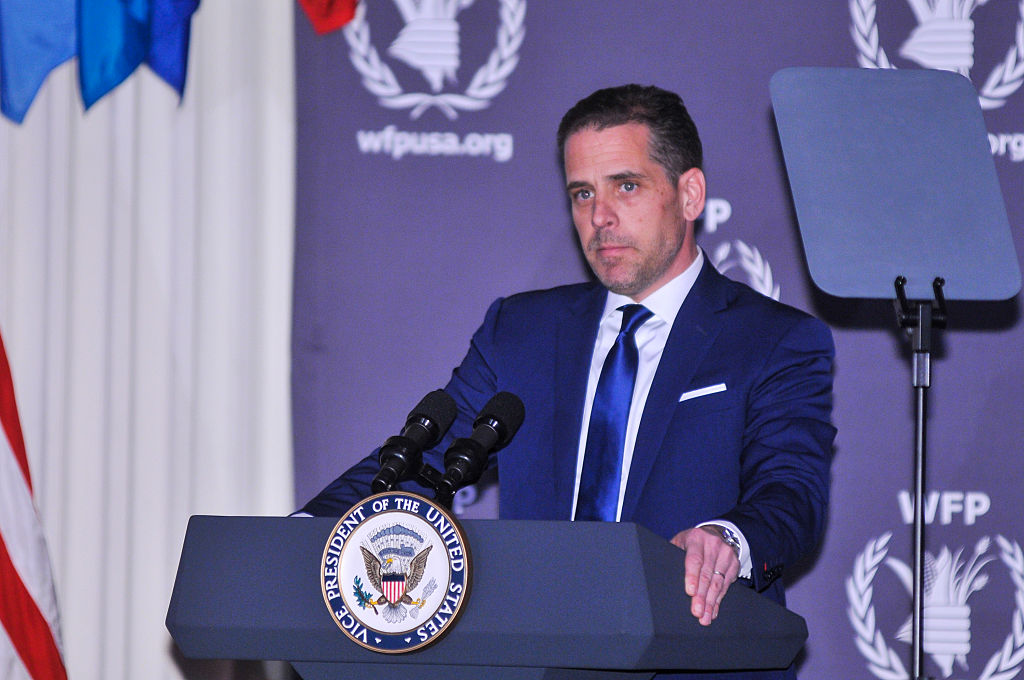IRS veteran agent Gary Shapley has alleged that the Justice Department deliberately delayed criminal proceedings against Hunter Biden to allow the statute of limitations for some charges to expire. Shapley, along with fellow IRS whistleblower Joseph Ziegler, claims that this constituted widespread interference in their criminal tax investigation into the Biden family.
Shapley testified before House lawmakers that U.S. Delaware Attorney David Weiss chose not to act on charges related to financial crimes committed by Hunter Biden between 2014 and 2015. As a result, Hunter Biden managed to avoid additional charges that would have come before the expiration of the statute of limitations in November 2022.
WATCH: Hunter Biden Pleads GUILTY, Plus James O’Keefe EXPOSES BlackRock in New Undercover Video
Shapley stated, “In November of 2022, the statute of limitations was set to expire for the 2014 and 2015 charges in D.C., which included the 2014 felonies for the attempt to evade or defeat tax and fraud or false statement regarding Burisma income earned by Hunter Biden.” The Biden family is facing controversy over Hunter’s position on the board of Burisma, a Ukrainian energy company, despite having no industry experience.
“The statute of limitations had been extended through a tolling agreement with Hunter Biden’s defense counsel, and they were willing to extend it past 2022. Weiss allowed those to expire,” Shapley added.
Both Shapley and Ziegler argue that the Justice Department declined to include several potential felonies in a plea deal struck with Hunter Biden in June. According to them, the DOJ officials also prevented IRS agents from interviewing key witnesses and withheld crucial evidence from IRS investigators, effectively hobbling their investigation.
This evidence includes an unclassified FD-1023 form, referred to Weiss’s team by Trump administration Attorney General William Barr, which federal prosecutors allegedly concealed from the IRS investigators. These allegations have led to calls for the federal judge overseeing the case to reject the plea deal between Hunter Biden and the U.S. prosecutors.
Both whistleblowers maintain that the DOJ’s interference obstructed their efforts to conduct a thorough investigation, raising questions about the administration’s commitment to accountability and transparency.













